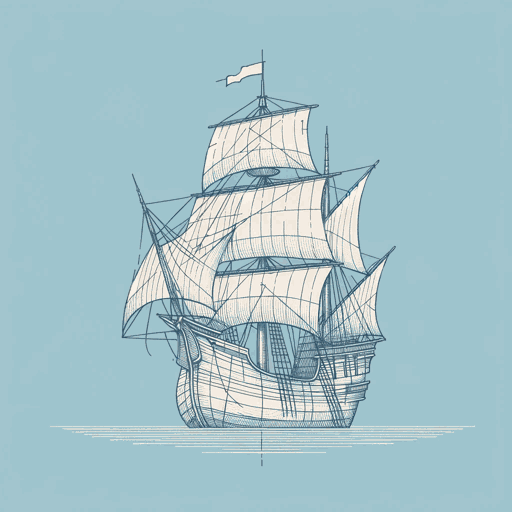64 pages • 2 hours read
Charles C. Mann1491
Nonfiction | Book | Adult | Published in 2005A modern alternative to SparkNotes and CliffsNotes, SuperSummary offers high-quality Study Guides with detailed chapter summaries and analysis of major themes, characters, and more. For select classroom titles, we also provide Teaching Guides with discussion and quiz questions to prompt student engagement.
Introduction
Teacher Introduction
1491: New Revelations of the Americas Before Columbus
- Genre: Nonfiction; history; anthropology
- Originally Published: 2005
- Reading Level/Interest: Lexile 1210L; college/adult
- Structure/Length: 11 chapters; approximately 541 pages; approximately 16 hours, 17 minutes on audio
- Central Concern: 1491 challenges and expands upon traditional views of the pre-Columbian Americas, presenting a compelling narrative that combines scientific research, archaeology, and anthropology. Charles C. Mann synthesizes recent scholarship and discoveries to portray a hemisphere teeming with complex cultures, large cities, and populations much greater than previously thought. The book argues against the idea of the Americas as a sparsely populated wilderness, instead painting a picture of vibrant civilizations with sophisticated agricultural practices, societies, and environmental impact.
- Potential Sensitivity Issues: Discussions of the decimation of Indigenous populations due to disease and conquest; challenges to long-standing historical narratives; references to conflicts between civilizations and the impact of European colonization; use of dated language now considered insensitive
Charles C. Mann, Author
- Bio: Born 1955; American journalist and author specializing in scientific topics; represented in a variety of publications, including Wired, The Atlantic Monthly, and Science
- Other Works: The Wizard and the Prophet: Two Remarkable Scientists and Their Dueling Visions to Shape Tomorrow’s World (2018); 1493: Uncovering the New World Columbus Created (a companion to 1491; 2011)
- Awards: National Academies Communication Award (for best creative work that helps the public understanding of topics in science, engineering, or medicine; 2006)
Related Titles
By Charles C. Mann


